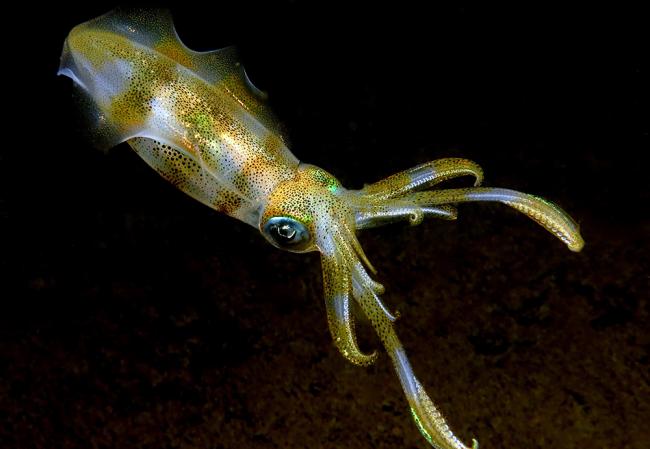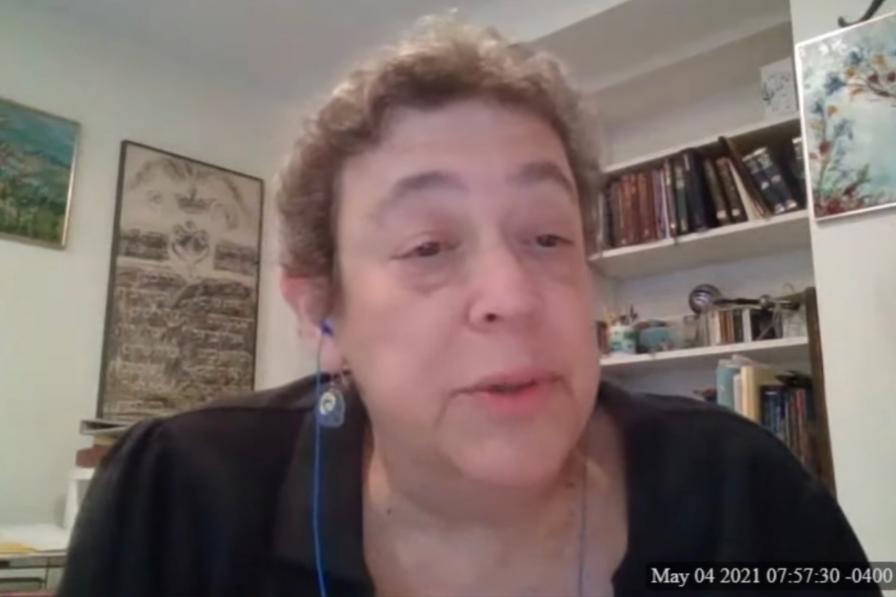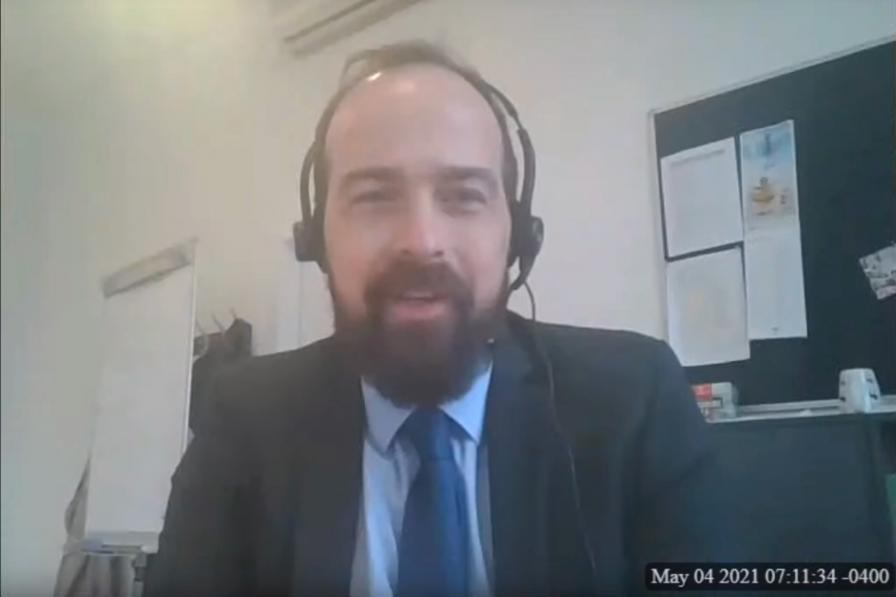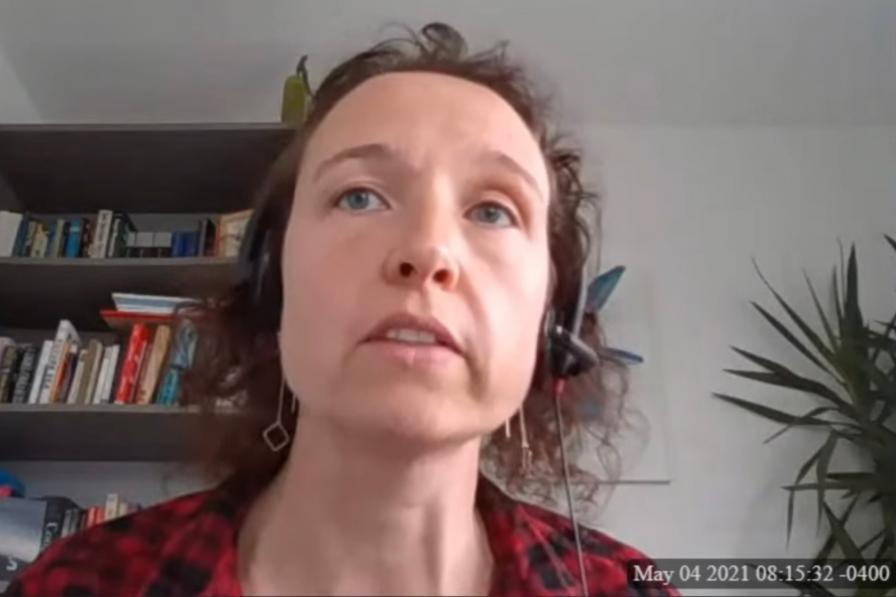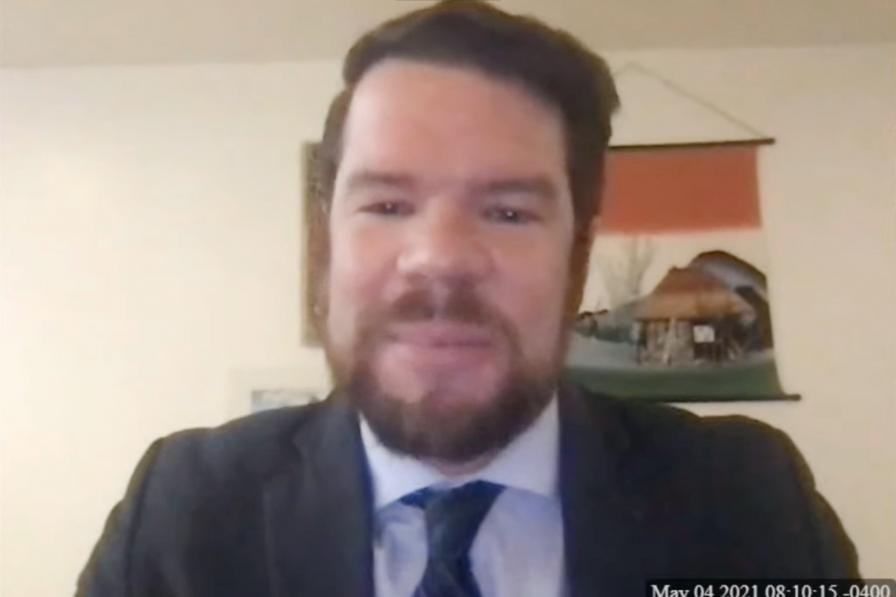On Tuesday, delegates to the Convention on Biological Diversity’s 24th meeting of the Subsidiary Body on Scientific, Technical and Technological Advice (SBSTTA 24) continued discussions on the post-2020 global biodiversity framework. Delegates then considered marine biodiversity, including ecologically or biologically significant marine areas (EBSAs), and initiated discussion on the programme of work of the Intergovernmental Science-Policy Platform on Biodiversity and Ecosystem Services (IPBES).
Post-2020 global biodiversity framework
On the second day of discussion, a number of delegates asked for the post-2020 global biodiversity framework to consider the Aichi Targets and ensure consistency with the Convention’s objectives, as well as other international processes. Some expressed hope that the 15th meeting of the Conference of the Parties (COP 15) would reach a consensus on the monitoring framework, with the understanding that it could be improved on an ongoing basis.
SBSTTA 24 Chair Hesiquio Benitez indicated that there would only be time for observer statements from larger coalitions and encouraged others to submit written statements that would be considered when preparing conference room papers (CRPs), which will serve as the basis for negotiations. Observer groups expressed concern at the virtual format of the meeting, stressing that this disproportionately impacts vulnerable and marginalized groups and countries. They highlighted that Local Biodiversity Outlooks provide scientific evidence for discussions, with some stressing that parties must fill the gap in research on gender concerns linked to biodiversity. Several argued that despite broad recognition of the importance of human rights-based approaches to biodiversity conservation, this is not adequately reflected in the draft goals, targets, and indicators.
Chair Benitez established a contact group on the post-2020 global biodiversity framework, to be co-chaired by Anne Teller (European Union) and Jorge Murillo (Colombia). The contact group will consider goals and targets (5-6 May) and the monitoring framework (7-8 May). He said a CRP would be presented in plenary on 26 May.
Marine Biodiversity
On marine biodiversity, many delegates supported the protection of 30% of oceans. Some urged enhanced consideration of deep seabed mining, underwater noise, marine debris, and biodiversity mainstreaming in fisheries. Others asked for greater capacity-building initiatives, and increased knowledge and information sharing opportunities to support developing and small island developing states.
Some stressed the need for parties to collectively identify priority areas needing protection, including those meeting the EBSA criteria. Discussions touched upon differentiating between new and modifying existing EBSAs, potential disputes and overlap with other international regimes, and EBSAs that straddle areas within and beyond national jurisdiction. Many urged respect for the sovereign rights of parties and special consideration of the UN Convention on the Law of the Sea (UNCLOS) and consistency with the work of the Intergovernmental Conference on the conservation and sustainable use of marine biological diversity of areas beyond national jurisdiction (BBNJ). Several delegates supported extending the mandate of the informal advisory group on EBSAs with some asking to clarify the process for seeking advice from the advisory body, recommending a flexible structure.
Due to limited time, Chair Benitez invited observers to submit written statements. He established a contact group on marine biodiversity, to be co-chaired by Marie-May Muzungaile (Seychelles) and Matthias Steitz (Germany), and start its work on 10-11 May and present a CRP to plenary on 25 May.
IPBES
SBSTTA 24 initiated discussion on the IPBES program of work. Several welcomed the collaboration with the Intergovernmental Panel on Climate Change (IPCC). Many stressed the need for a flexible programme of work to have the ability to address emerging issues, such as pandemics. Some commented on the need to ensure that IPBES outcomes are translated into user-friendly formats, and that its process would benefit from the participation of public policy experts.
Earth Negotiations Bulletin coverage of SBSTTA 24 will resume with the next plenary session on Sunday, 23 May 2021.
To receive continuing coverage of this event delivered to your inbox, subscribe to the ENB Update newsletter.
